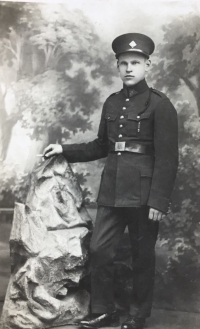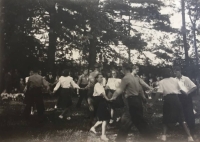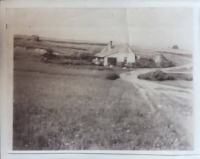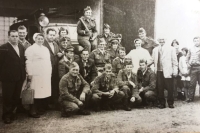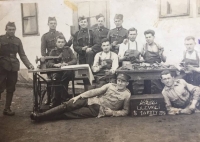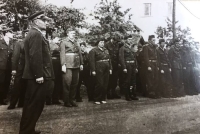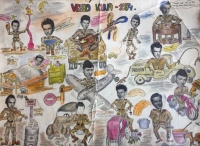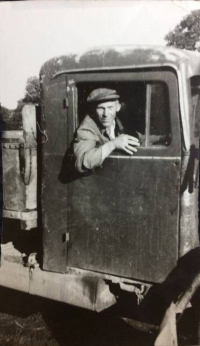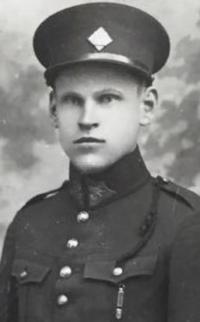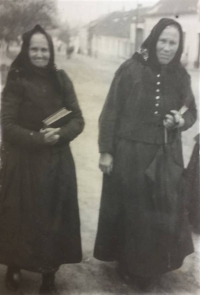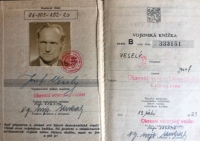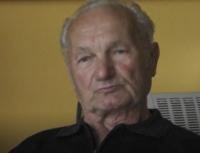Let the war never happen again

Download image
Josef Veselý was born on October 5, 1931 in Ostrov district Vlašim. The father was a blacksmith and the mother was a housewife. He had a total of 6 siblings, 2 brothers and 3 sisters, he was the eldest son. He and his parents later moved to Čechtice, where he went to a general school and later to a higher school. He experienced the wartime in Čechtice. As a schoolboy, he saw with his own eyes how the Germans executed the entire town council, including his class teacher. After the controlled removal of Germans from the borderlands, the father responded to the call for settlement. He and his family took over a blacksmith’s workshop and a house in Úštěk - here the witness learned blacksmithing from his father and lived here until the war. He got married at the age of 21, has 2 children, a son and a daughter, 4 grandchildren and 8 great-grandchildren. He settled down with his family and lived in a house in Kravaře all his life. He worked in a quarry for 40 years. After retiring at the age of 60, he worked for the next 25 years as a sewage treatment plant operator. Mr. Veselý was an active communist and a member of the National Committee in Kravaře for 5 years.
